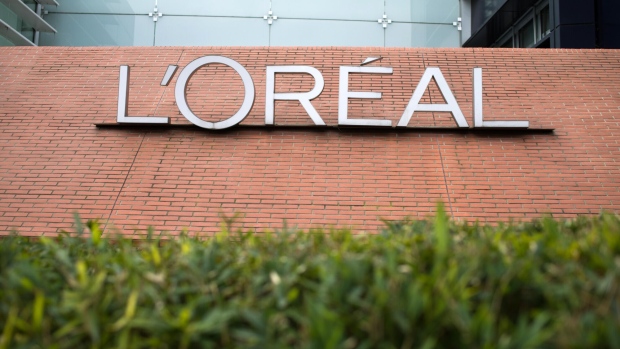Feb 8, 2024
L’Oreal Sales Disappoint as Travel Retail in Asia Struggles
, Bloomberg News

(Bloomberg) -- L’Oreal shares slumped after sales disappointed as the owner of Lancome suffered from a decline in shopping by Chinese travelers.
The French cosmetic group’s stock fell 7% on Friday after reporting that sales rose 6.9% on a like-for-like basis in the fourth quarter, trailing estimates. Revenue from North Asia dropped 6.2%, while analysts had expected it to be little changed.
The Paris-based shares have been trading near all-time highs in the run up to these earnings as the company was seen to be faring better than rivals, particularly in the key China market.
“The key question here will be how long China remains soft,” said Sarah Simon, an analyst at Morgan Stanley, in a research note. She expects tough comparisons in the first half of the year and “a much better picture” in the second half.
The performance in North Asia, which includes China and Korea, continued to suffer from a challenging travel retail market, which weighed in particular on its premium unit, L’Oreal Luxe. That division includes labels such as Lancome and the recently integrated Aesop, which L’Oreal bought last year.
“North Asia continued to be impacted by the reset in Travel Retail following the change in policy regarding daigous,” the company said, referring to the practice of Chinese tourists buying on behalf of others when traveling.
Despite the drag from Asia, L’Oreal’s resilience stands in contrast to its US rival Estee Lauder Cos., which earlier this week announced plans to cut as much as 5% of its workforce as it loses market share. Estee Lauder’s stock has dropped more than 40% in the past year.
L’Oreal’s dermatological beauty unit, which includes labels such as La Roche-Posay, grew by 27% and topped estimates. North America sales also beat expectations.
The company will continue to outperform the beauty market, L’Oreal Chief Executive Officer Nicolas Hieronimus said in the statement.
--With assistance from Catherine Larkin and Joel Leon.
(Updates with shares and analyst comment from first paragraph. A previous version corrected the analyst estimate for North Asia revenue.)
©2024 Bloomberg L.P.





